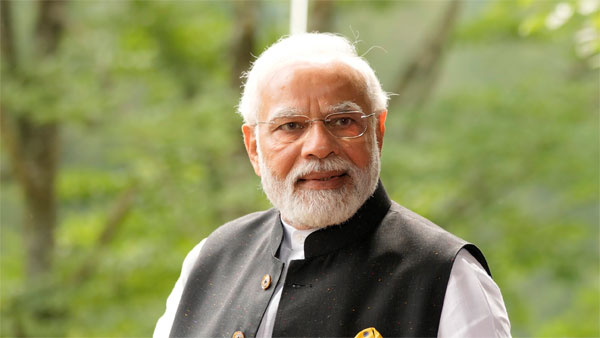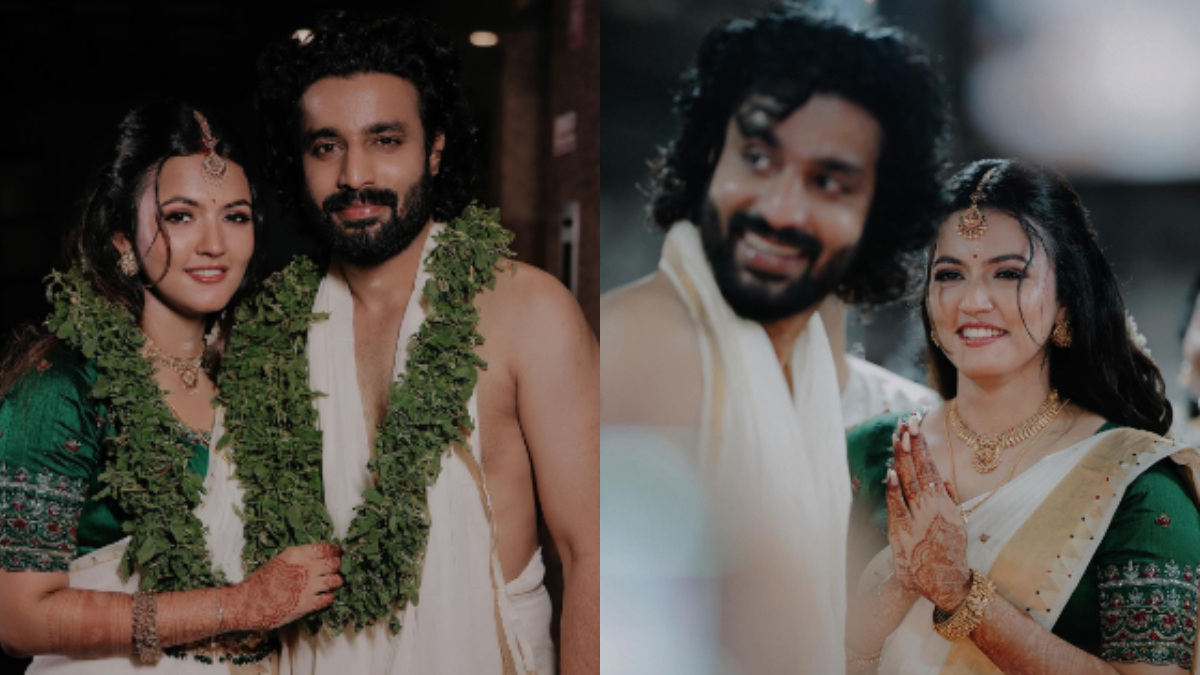
BBC uses testimonies of discredited officers to frame PM Modi in 2002 Gujarat riots
The BBC cited testimonies of discredited officers and dubious individuals to project the guilt of Gujarat Riots that were triggered by the burning of Sabarmati Express bogey on PM Modi.
New Delhi, Jan 20: The British Broadcasting Corporation (BBC) aired a two-part series "India: The Modi Question" with a mala fide intent to tarnish Prime Minister Narendra Modi's image and to frame him in Godhra riot resulting in the death of 60 people, including children and women.

The its documentary, which is seen as propoganda pice by the Indian authorities, the BBC cited testimonies of discredited officers and dubious individuals to project the guilt of Gujarat Riots that were triggered by the burning of Sabarmati Express bogey on PM Modi.
In boost its claims, BBC publicised the documentary as based on the secret inquiry carried out by the UK government, which was categorically thrashed by United Kingdom Prime Minister Rishi Sunak as he disagreed with the characterisation of PM Modi.
"The documentary was rigorously researched according to the highest editorial standards," a BBC spokesperson said in a statement.
The statement came a day after Prime Minister Rishi Sunak came out in defence of Prime Minister Modi after the BBC documentary claimed that the British government was aware of the Indian leader having an alleged role in the 2002 Gujarat riots.
"The UK government's position on that is clear and long-standing, and it has not changed," Sunak responded. "Of course, we do not tolerate persecution anywhere, but I am not sure that I agree at all with the characterisation that the hon. gentleman has put forward," the British prime minister said.
The BBC documentary included testimonies and allegations made by disgraced former IPS officer Sanjiv Bhatt, RB Sreekumar, and Teesta Setalvad-known anti-Modi detractors whose submissions were declared devoid of merit by the Supreme court of India.
Fake allegations by jailed ex-IPS officer Sanjiv Bhatt
The BBC cites 'explosive' claims made by ex-IPS Sanjiv Bhatt, claimed that he had attended a meeting chaired by then Gujarat CM, Narendra Modi, wherein he asked authorities to "let Hindus vent out their anger against Muslims so that repeat of Godhra-like incident never happens in the state".
This tells us volumes to the inherent bias and underlying propaganda of the British broadcaster.
However, an SIT constituted by the Supreme Court discovered that Bhatt was not present at the meeting that he claims Modi scheduled in order to teach Muslims a lesson.
Furthermore, the Nanavati-Mehta report also claimed Bhatt forged a document using a fax machine to bolster his lies about his presence on 27 February 2002, at the CM's residence.
Teesta Setalvad and RB Sreekumar, hatchers of the conspiracy
Teesta Setalvad, a self-described rights activist, retired Director General of Police R B Sreekumar and former IPS officer Sanjiv Bhatt were also framed in a case of alleged fabrication of evidence in connection with the 2002 Gujarat riots cases.
While rejecting Zakia Jafri's petition last year, SC made a critical note about Setalvad's role in the case said that used petitioner Zakia Jafri's emotions for "ulterior motives."
"It is submitted that Ms Teesta Setalvad, for reasons best known to her and out of vengeance, was interested in continuing with her tirade and persecution on the basis of unsubstantiated allegations in the complaint in the name of the quest for justice with real purpose to keep the pot boiling and sensationalise and politicise the crime," the court noted.
Former Gujarat DGP and current Aam Aadmi Party politician RB Sreekumar were also among those who deliberately attempted to tarnish the reputation of Narendra Modi and the Gujarat government during the 2002 riots.
Setalvad, Sreekumar, and Bhatt have been charged under IPC sections 120 B (criminal conspiracy), 468 (forgery), 471 (using a forged document or electronic record as genuine), 194 (giving or fabricating false evidence with intent to procure conviction of capital offence), 211 (false charge of offence made with intent to injure), and 218 (public servant framing incorrect record or writing with intent to save a person from punishment or property from forfeiture).
The SIT report also revealed that activist Teesta Setalvad was part of a "larger conspiracy" carried out at the behest of Ahmed Patel with the political objective of "dismissal or destabilisation of the elected government in Gujarat by hook or by crook".
At Patel's behest, Setalvad received Rs 30 lakh following the post-Godhra riots in 2002 after meeting him on two occasions. Meetings were also held at Patel's residence in New Delhi, where Setalvad and Bhatt met the Congress leader "four months after the riots in a clandestine manner", it said
Setalvad used to meet the leaders of a "prominent national party in power at that time in Delhi to implicate names of senior leaders of the BJP government in riot cases", the SIT further claimed
In several meetings held with political leaders after the riots, it was discussed by the accused person "with leaders of a prominent national party in power at the time to implicate senior leaders of the BJP government of Gujarat in these riots cases."
The record shows that "top Congress leaders of Gujarat' were in constant touch with Bhatt during the period in consideration. Bhatt was "holding personal meetings with senior Congress leaders as well," it said.


 Click it and Unblock the Notifications
Click it and Unblock the Notifications































